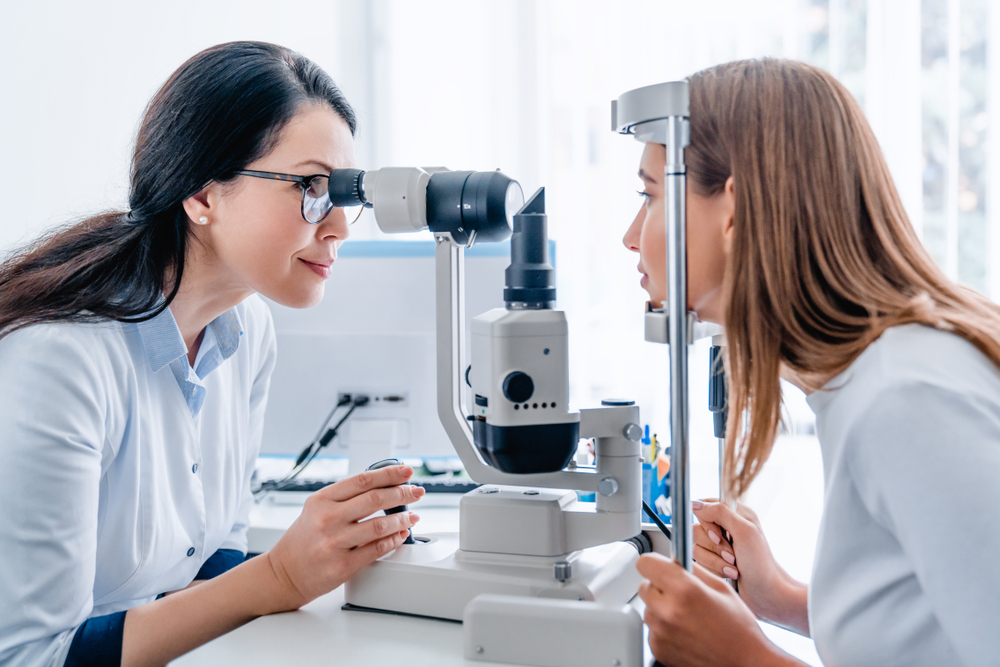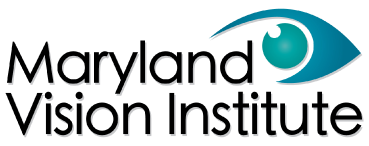10 Important Questions to Ask at Your LASIK Consultation
February 7, 2024
If you are considering LASIK, the initial consultation is an essential first step. To get the most out of your consultation, it can be helpful to have a list of questions to ask your eye surgeon about the procedure.
To help you get that list started, keep reading to learn ten important questions to ask at your LASIK consultation!
1. Am I a Good Candidate for LASIK?
In order to be considered a good candidate for LASIK, you will need to be over the age of eighteen and under the age of forty. It is also important that you have a stable vision prescription within a certain range.
Your eyes must be healthy, and your corneas must be thick enough.
The best way to tell if you are a good candidate for LASIK is to visit your eye doctor at Maryland Vision Institute for a LASIK consultation.
Do you want to learn if you might be a good candidate for LASIK?
2. Do Any Medical Conditions Exclude Me as a LASIK Candidate?
You may not be a good candidate for LASIK if you have been diagnosed with certain chronic health conditions. These conditions include diabetes, rheumatoid arthritis, and other autoimmune conditions, all of which can cause serious complications after LASIK eye surgery.
3. Who Will be Performing the LASIK surgery?
At Maryland Eye Institute, Dr. Augustus “Gus” Stern and Dr. Sydney Chang are our leading LASIK surgeons. Both are committed to setting new standards in the field of vision correction surgery using the most advanced LASIK technology available.
4. What Happens During LASIK Surgery?
After numbing your eyes with special eye drops, your eye surgeon uses a laser to make a small flap on the surface of your cornea. They will then use a different laser to accurately reshape the cornea, correcting the refraction problem that is affecting your vision.
After this, they will reposition the flap for healing. The entire LASIK surgery takes just minutes per eye to perform and is not uncomfortable.
 5. What LASIK Technology Does Your Practice Use?
5. What LASIK Technology Does Your Practice Use?
Maryland Eye Institute is proud to offer some of the latest LASIK technology for the best possible surgery outcomes. We are the only center in our area that uses the Wavelight EX500 Excimer laser, which allows us to achieve safer, faster, more accurate treatment.
The Wavelight EX500 also features Perfect Pulse technology. Perfect Pulse uses an advanced high-speed tracker to follow the eye’s movements, ensuring the most accurate placement of each laser pulse during LASIK surgery.
We also use blade-free femtosecond laser technology for more precise corneal flap creation. To create the flap, we use Alcon’s LenSx, Alcon’s FS200, and AMO’s Intralase FS lasers for safer procedures and better results.
6. What Are the Potential Complications of LASIK?
While the majority of LASIK patients report no significant issues after LASIK, you may experience the following complications after LASIK:
- Dry eyes
- Blurry vision
- Increased sensitivity to light
- Mild discomfort
These complications usually go away on their own within a few days.
7. What is the Recovery Process Like for LASIK?
LASIK has one of the shortest recovery times of any vision-correcting surgery. Following surgery, most people are able to go right home to rest for the remainder of the day.
The typical immediate recovery time after LASIK surgery is between six to twelve hours. Most people are able to resume their normal activities and return to work within a few days after LASIK.
Many LASIK patients report clearer vision within a few days of the surgery. Complete recovery and the full results of LASIK are realized in approximately three months.
Do you want to learn if you may be a candidate for LASIK?
Schedule an LASIK Consultation
8. What Results Can I Realistically Expect From LASIK?
 While individual results vary, over ninety-six percent of LASIK patients are happy with their results. It may be helpful to ask about the LASIK success rates for patients with a prescription that is similar to your own.
While individual results vary, over ninety-six percent of LASIK patients are happy with their results. It may be helpful to ask about the LASIK success rates for patients with a prescription that is similar to your own.
Knowing this can give you a better understanding of the potential outcomes of your LASIK surgery.
9. Will I Need to Have Another LASIK Procedure in the Future?
Once your vision has been corrected with LASIK, it is unlikely that you will need additional treatment to maintain the results. Most people who need further LASIK vision correction have experienced significant changes to their vision following their initial LASIK surgery.
Other people had developed another vision condition that affected the results of LASIK, like cataracts or presbyopia, which is age-related-nearsightedness.
10. Is LASIK Surgery Safe?
LASIK surgery is a very safe vision-correction surgery. Eye surgeons have been successfully correcting people’s vision with LASIK for close to twenty-five years.
When making the decision to correct your vision with an eye surgery, it’s critical to be fully informed so you can choose the procedure that is right for you. Asking these important questions during your consultation can ensure that choosing LASIK is the right way to meet your vision goals!
Do you want to learn more about LASIK? Schedule a LASIK consultation at Maryland Vision Institute in Hagerstown, Frederick, or Hancock, MD, today!



